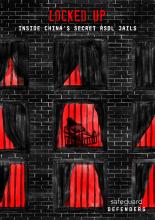Who is Xu Zhiyong?

(photo credit: lawyer Wang Ying )
Last week an open letter circulated on the Internet asking for urgent international attention on the case of Xu Zhiyong, one of China’s most renowned civil rights activists and legal scholars. Xu went on hunger strike in October to protest his inhumane prison conditions and the prison authorities’ denial of communications between him and his fiancée, Li Qiaochu.
Xu is serving an unusually harsh 14-year sentence in Lunan Prison, Shandong province on trumped charges of state subversion. His supporters are seriously concerned about his health and treatment in prison.
His partner Li has been one of his biggest advocates. She was only released in August this year after serving her own sentence of 3 years and 8 months, in part seen as punishment for speaking out about Xu’s torture in detention in 2021.
Xu’s condition is urgent, but living inside China, Li does not have the freedom to speak out for her partner.
But we do.
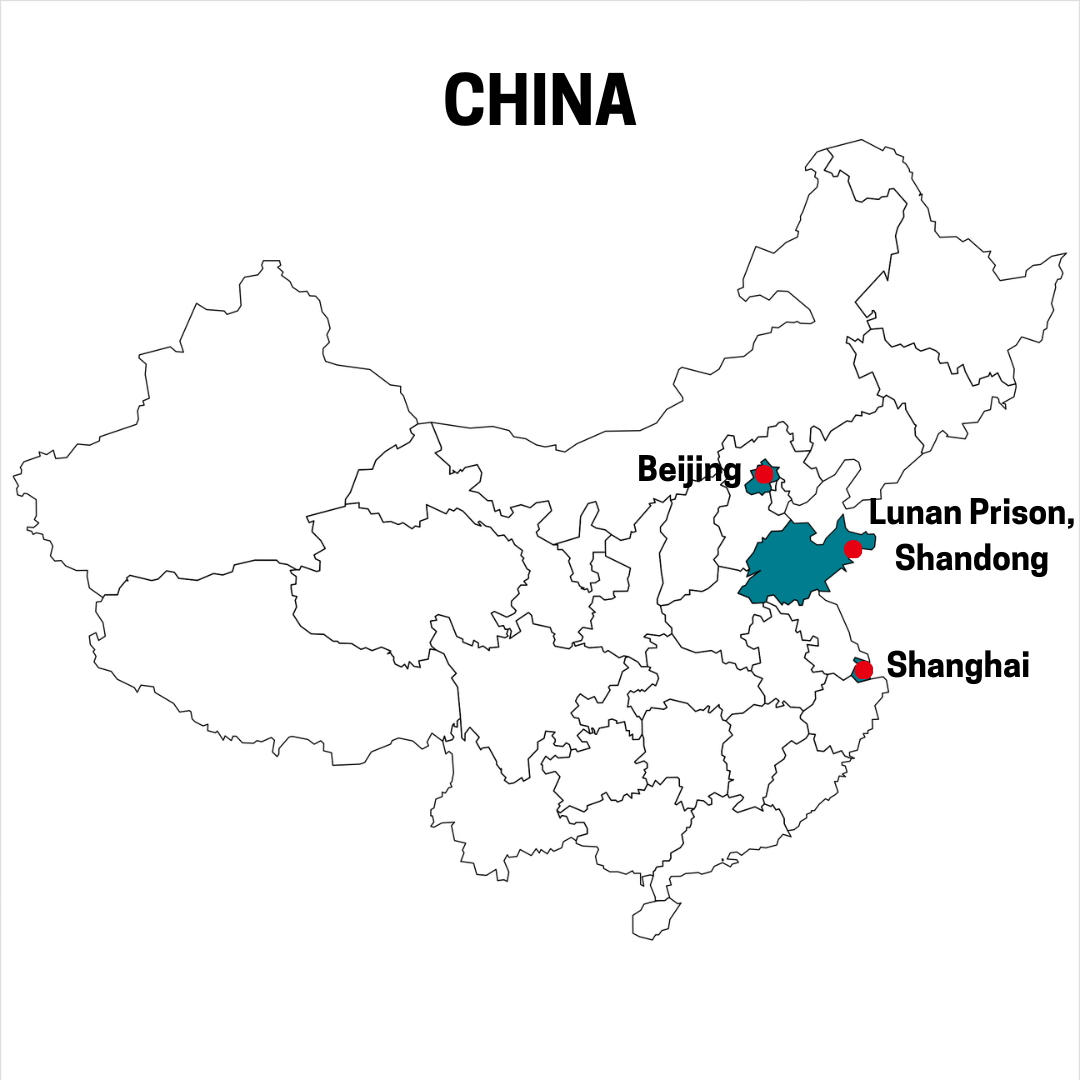
In 2003, while most young law scholars were building comfortable academic careers, Xu encountered a case that would change his life forever. Sun Zhigang, a young graphic designer, had been beaten to death in police custody. His only crime was not carrying the right identification papers.
Together with fellow legal scholars Teng Biao and Yu Jiang, Xu launched a constitutional challenge that would eventually bring down China's notorious custody and repatriation system.
In 2005, Xu moved into Beijing's "Petitioners Village" for two months, living among citizens who had traveled to the capital seeking justice. Despite facing physical threats from government-sponsored actors, he documented how the system systematically silenced complaints rather than addressing them.
“Only there [Petitioners' Village] could I see, beneath the veneer of all being well with the world, the profound suffering that totalitarianism had brought to millions of powerless people,” Xu wrote.
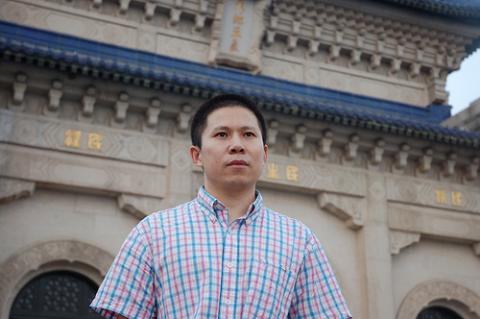
(photo credit: New Citizens Movement)
- Co-founded Sunshine Constitutionalism in 2003, a pioneering legal advocacy organisation that strived to promote and establish a legal and democratic system to hold power accountable that was renamed Gongmeng (公盟) two years later. The authorities closed it down in 2009.
- Defended parents of children poisoned by melamine-tainted milk (2008).
- Fought for education rights of migrant workers' children and advocated for the reform of China's discriminatory household registration (Hukou) system.
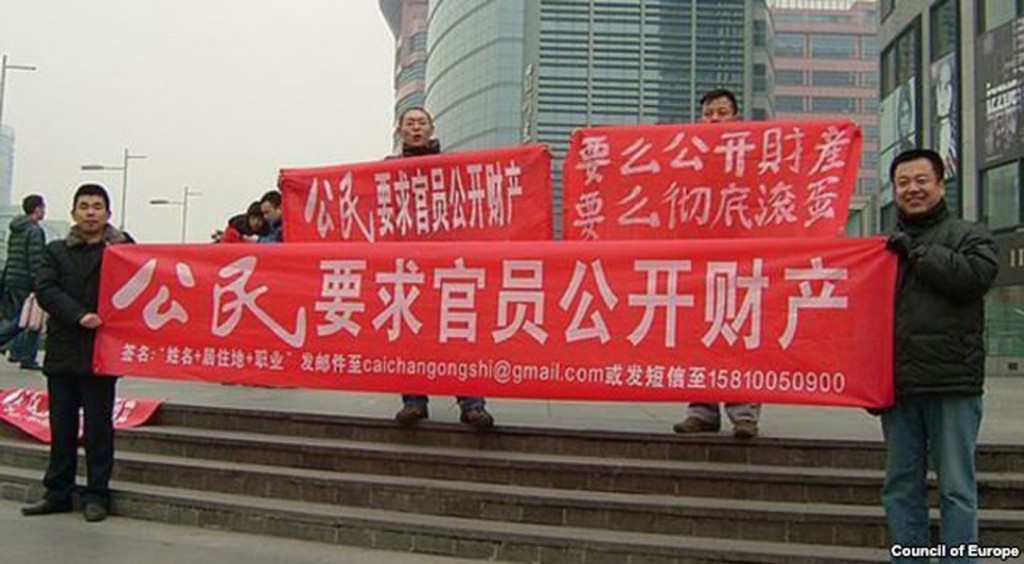
(photo credit: New Citizens Movement)
In 2012, Xu Zhiyong came to a crucial realization: addressing individual cases wasn't sufficient to create meaningful change in China. Rather, the country needed fundamental systemic reform.
In May of that year, he published a landmark article stating: "China needs a political movement in which this ancient nation bids utter farewell to authoritarianism and completes the civilized transformation to constitutional governance."
This vision turned into the New Citizens Movement, which made four unprecedented demands for reform:
- Transparency: Officials must declare their assets publicly
- Education: Equal rights regardless of household registration
- Democracy: Direct elections at all levels of government
- Justice: An independent judiciary free from Party control
The New Citizens Movement was challenging the very foundation of authoritarian governance, especially in terms of asking government officials to declare their assets publicly.
The environment for advocating for rights defence and civil liberties in China has deteriorated dramatically under Xi Jinping. Xu was one of its first victims.
- 2014: Xu was sentenced to four years in prison for "gathering crowds to disrupt public order" after he called on government officials to disclose their assets.
- 2019: Xu Zhiyong attended a private gathering in Xiamen with other rights advocates including prominent human rights lawyer Ding Jiaxi to discuss civil society and rule of law in China, Shortly after, the authorities launched a nationwide crackdown on the attendees. Xu went into hiding.
- 2020: After calling on Xi Jinping to step down, police captured Xu and then placed him under Residential Surveillance at a Designated Location (RSDL), a type of incommunicado detention where the prisoner is kept in isolation. Xu was denied access to his lawyers for four months and subjected to torture and ill-treatment
- 2021: While Xu was held in a Shandong detention center, staff informed his lawyer that they could find no record of him, likely because he had been registered under a fake name.
- 2021: Xu’s partner, Li Qiaochu, was detained, in part for exposing his torture in detention. Two years later, she was sentenced to three years eight months for “inciting subversion of state power”
- 2022: Xu was tried in a closed-door trial, with family excluded and all public scrutiny barred. His lawyer was forced to sign non-disclosure agreements, and barred from sharing any information from the trial
- 2023: At age 50, Xu was sentenced to 14 years in prison on trumped up charges of “subversion of state power”.
For more on RSDL, please see our report Locked Up: Inside China's Secret RSDL Jails.
For more on hiding detainees with fake names please see Access Denied I: China's Vanishing Suspects.
At the end of 2023, through his lawyers Xu wrote to China Change, a website that focuses on human rights and rule of law in China. He wished for his collection of 24 essays written in 2019 called A Beautiful China to be translated and published on the website.
The below quote is taken from the 13th essay titled The Citizens Movement.
“Freedom, justice, love – these are our core values. Freedom is the true autonomy of the individual, and the ultimate goal of the state and society. Justice is a fair and just state and society, and the rational boundary between people; undergirding this is democratic constitutionalism. Love, relative to universal fraternity (fraternal love), is richer and more profound; it is life and the source of happiness.”
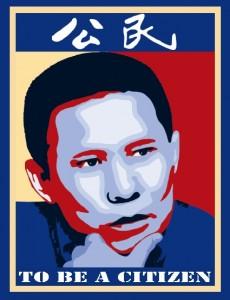
(photo credit: New Citizens Movement)
